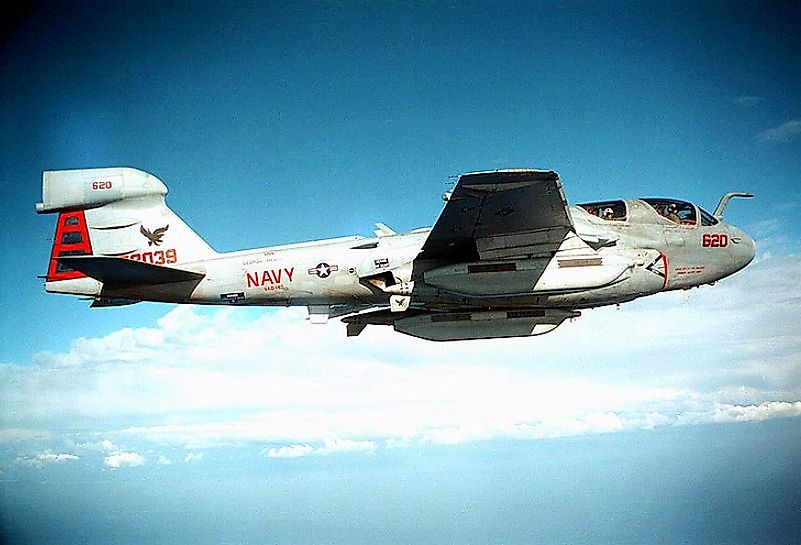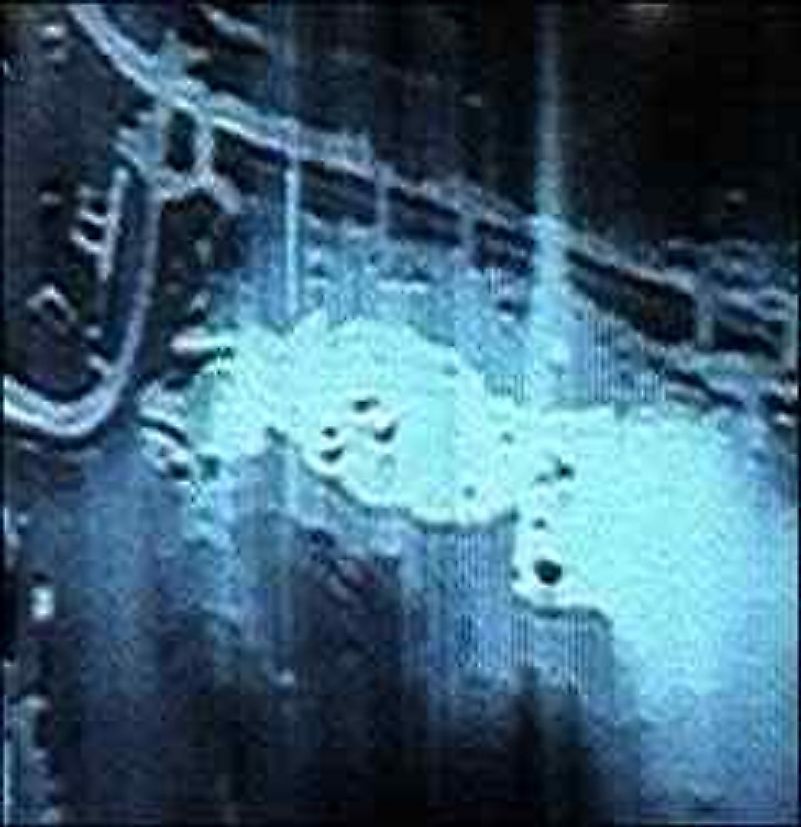Operation Deliberate Force - NATO Bosnian Intervention

5. BACKGROUND
Operation Deliberate Force (also referred to as the Bosnian Intervention) was a serious air campaign that was executed by NATO (the North Atlantic Treaty Organization) in collaboration with UNPROFOR (the United Nations Protection Force) against the Bosnian Serb Army. During the infamous Bosnian War following the dissolution of Communist Yugoslavia, the Bosnian Serb Army had started threatening and even attacking certain areas in Herzegovina and Bosnia. Many of these areas had been designated as ‘safe areas’ to be protected by the United Nations’ forces. The threats and attacks included the horrific Markale and Srebrenica Massacres, and these prompted UNPROFOR and NATO to intervene. Much of this violence in former Yugoslavia were directed against specific ethnicities. Although planning and approval had already been done in July of 1995 by the NAC (North Atlantic Council), Operation Deliberate Force was particularly triggered by the second phase of the Markale massacres which occurred on the 28th of August, 1995.
4. DESCRIPTION OF THE OPERATION

During the operation, 338 Bosnian-Serb targets were struck, resulting in the destruction of most of them. A total of 1,026 powerful bombs were dropped, and these bombs seriously weakened the Bosnian-Serb Army, particularly because more than half of the bombs (708) were precision-guided. All of the aircraft involved operated either from Italy’s Aviano Air Base, the USS America (located in Adriatic Sea), or the USS Theodore Roosevelt. NATO’s air operations were under great threats from their opponents’ VRS integrated-air- defense network, which consisted of surface-to- air missiles and several powerful aircraft. On the 30th of August, 1995, NATO’s Secretary General officially declared the commencement of airstrikes. NATO and UNPROFOR waged a strong campaign against Bosnian Serb Army. NATO and UNPROFOR eventually defeated their opponents because they had such a superior arrangement of airpower to facilitate their purposes in the Balkans. The campaign involved 400 NATO aircraft, with which the UNPROFOR and NATO flew 3,515 sorties and dropped 1,026 bombs. Their 338 Bosnian Serb targets were found within forty-eight distinct military complexes. Pictured above is a night vision image of Bosnian Serb forces on the ground being struck by U.S. Air Force aircraft attacking them from overhead.
3. MAKEUP OF THE FORCES
Operation Deliberate Force was conducted from the 30th of August through the 20th of September in the year 1995. It involved four hundred aircraft and five thousand personnel from 15 different nations, all members of NATO. Namely, these were foremost Belgium, Canada, the United States, Denmark, the United Kingdom, France and Turkey. Other members supporting them were Germany, Spain, Italy, Portugal, Luxembourg, the Netherlands, and Norway. The Bosnian Intervention was led by a combined command. This multinational collaboration of superiors included Leighton Smith, Radislav Krst, Michael Ryan, Ratko Mladic, Stuart Peach, Benard Janvier, Sir Rupert Smith, Sir Mark Mans, and Dick Applegate. The strikes utilized 400 aircraft, 12 British -Warrior AFVs, 5,000 military officers, 8 155-mm howitzers, 500 French ‘Peacekeepers’, 12 105-mm guns, 320 British ‘Peacekeepers’, and the Dutch Korps Mariniers and 1e Mortiercompagnie.
2. OUTCOMES
The NATO forces managed to strike 97% of their targets, resulting in debilitating destruction of 80% of them. Out of the 1,026 bombs that were dropped, 708 of them were sophisticatedly precision–guided. On the 14th if September, 1995, NATO suspended its operations to facilitate the implementation of a peace agreement between them and the Bosnian Serbs. One of the preconditions of the peace agreement was that heavy weapons would be withdrawn from the Sarajevo Exclusion Zone. The 3-day suspension was thereafter extended to 5 days. On the 20th of September, 1995, Commander-in-Chief of the Allied Forces of Southern Europe and the commanders of the United Nations Peacekeeping Force reached an agreement, stating that it was unnecessary to carry on with the Bosnian Intervention because Bosnian Serbs had peacefully complied with conditions prescribed by the United Nations. As a result, Operation Deliberate Force was effectively terminated.
1. SIGNIFICANCE
Operation Deliberate Force led to the destruction of more than 300 Bosnian Serb targets as well as the deaths of several Bosnian Serb soldiers and civilians. In December of 1995, the North Atlantic Treaty Organization sent a strong peacekeeping force, consisting of 60,000 enlisted men and officers, into Bosnia, with the intention of enforcing the famous Dayton Peace Agreement. The agreement, which was crafted to ensure peace, prevailed, and also helped prevent renewed hostilities among the warring factions. Twelve months later, in December of 1996, the Stabilization Force (led by NATO), was created with the objective of continually enforcing the Dayton Peace Agreement in the region. The creation of the Stabilization Force effectively replaced the Implementation Force (IFOR). In December of 2004, European Union Force Althea was formed to replace the Stabilization Force.







